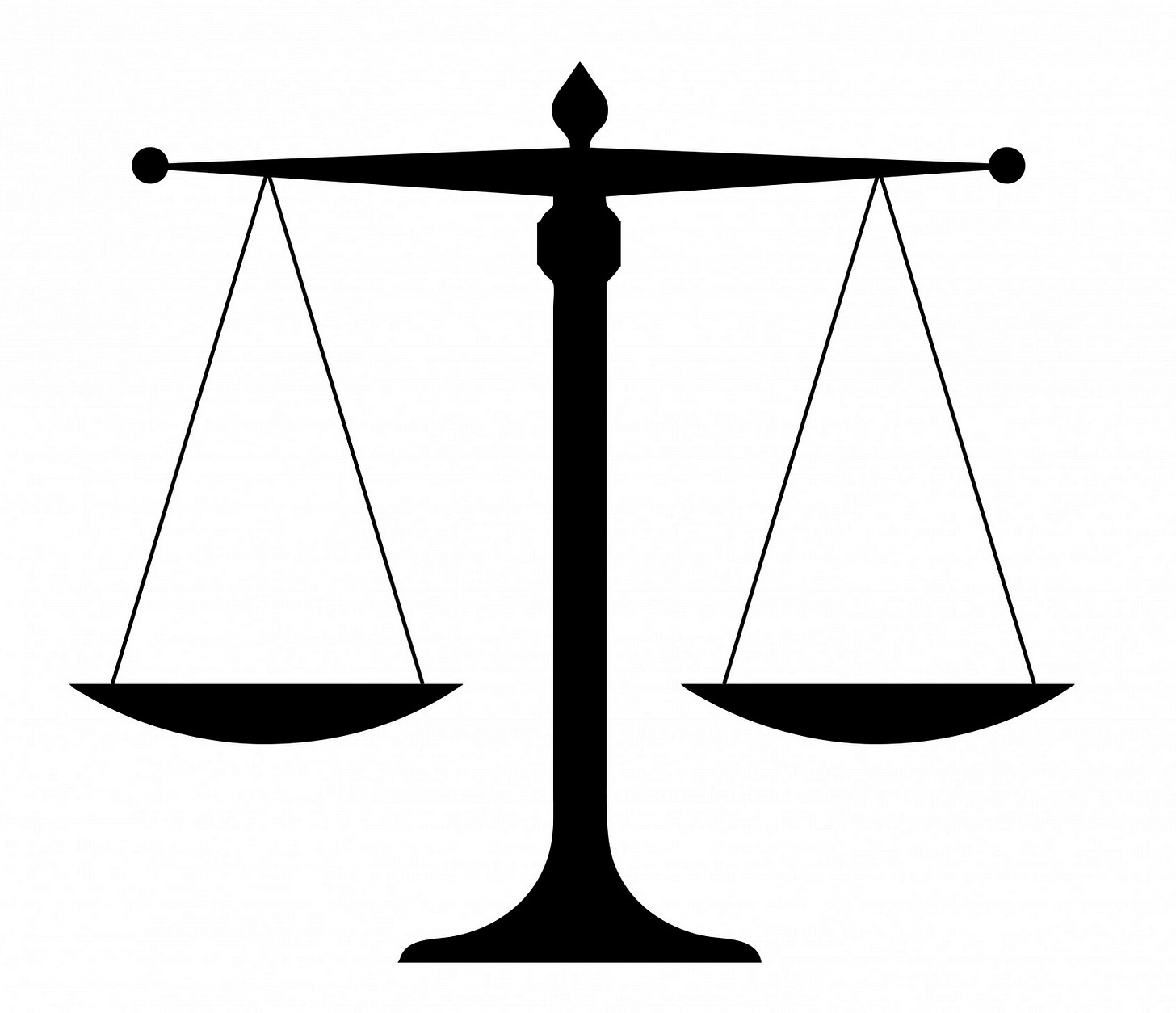Plus ça change, plus c'est la même chose
Merrill Goozner v. Andrew Sullivan on the drug pricing debate, circa 2001
As I watched Sunday night’s edition of 60 Minutes, I couldn’t help but wonder why CBS anchor Scott Pelley picked conservative blogger Andrew Sullivan to decry how our democracy is under assault from “tribalism” on both the right and left. “The system can work,” Sullivan asserted. “It’s we who are broken.”
Ugh. Another pundit promoting a false equivalency between a Republican Party that promotes insurrection while denying rights to women and minorities with Democratic Party progressives who stand accused of stepping over the line because they assert that institutional racism is a thing. But then, this is the same Andrew Sullivan who defended Big Pharma’s high HIV/AIDS drug prices in the 1990s; gave equal time to Charles Murray’s claim that African Americans were intellectually inferior to whites; and used his media perch to promote the war in Iraq in the early 2000s.
Sullivan, who is gay, HIV-positive and an early supporter of legalizing gay marriage, offered something of a mea culpa for airing the debate over Murray’s The Bell Curve in The New Republic, the liberal magazine he began editing in 1991 at the tender age of 28. He also eventually reversed his position on Iraq and since 2006 has distanced himself from Republican Party rigidity and extremism.
Yet, to the best of my knowledge, he’s never changed his tune on drug pricing. I became aware of his positions in 2001 when I was teaching journalism at New York University and researching a book on innovation in the pharmaceutical industry. The editors of a relatively new website, Slate.com, invited me to debate Sullivan online about the single biggest issue roiling the Congressional debate over adding a prescription drug benefit to Medicare: Should the government, once a major purchaser of drugs, be given the right to negotiate drug prices.
The debate, which took place as dueling essays written over a week’s time, boiled down to a single question that still dominates the discussion in Washington. Should we believe the pharmaceutical industry’s claim that giving Medicare the right to negotiate would inevitably result in lower prices (price controls) and that would retard medical innovation?
Yesterday afternoon, given Big Pharma’s victory in eliminating that power for all new drugs for at least nine years, I looked up that debate to see how the various arguments held up over 20 years. I was able to find five of the six pieces. Only Sullivan’s final reply is missing from Slate’s website.
I remember a friend telling me at the time that he thought Sullivan got the best of the discussion. I always chalked that up to the fact he was an Oxford and Harvard trained debater with a fluid and engaging writing style that far surpassed my plodding prose. What struck me in re-reading these pieces is how little has changed in the public discussion in 20 years.
If you have the time, read them. Feel free to chime in on whom you think won the debate in the comments section below. I led off the discussion:
Goozner initial statement: https://slate.com/news-and-politics/2001/04/the-pharmaceutical-industry-2.html
Sullivan initial response: https://slate.com/news-and-politics/2001/04/the-pharmaceutical-industry-3.html
Goozner initial response: https://slate.com/news-and-politics/2001/04/the-pharmaceutical-industry-4.html
Sullivan second response: https://slate.com/news-and-politics/2001/04/the-pharmaceutical-industry-5.html
Goozner final response: https://slate.com/news-and-politics/2001/04/the-pharmaceutical-industry-6.html




